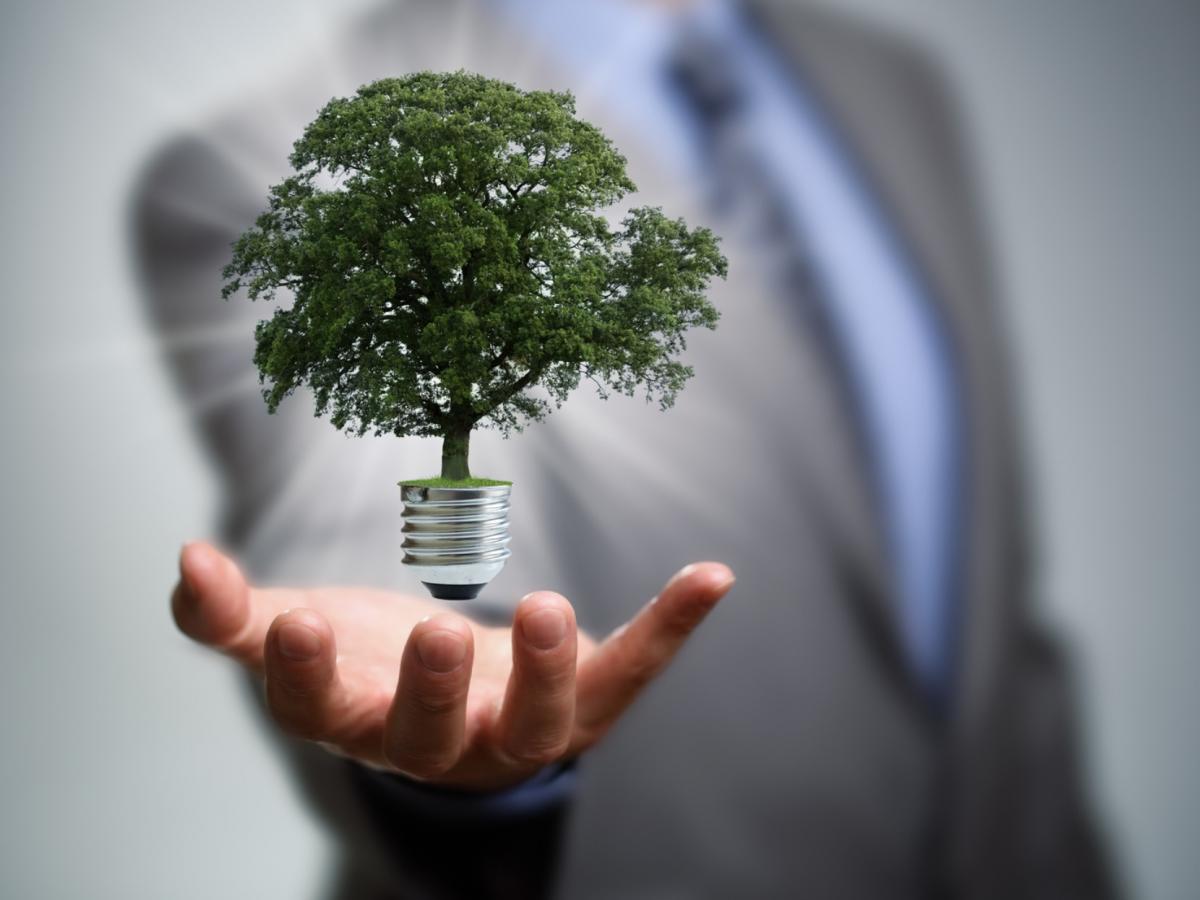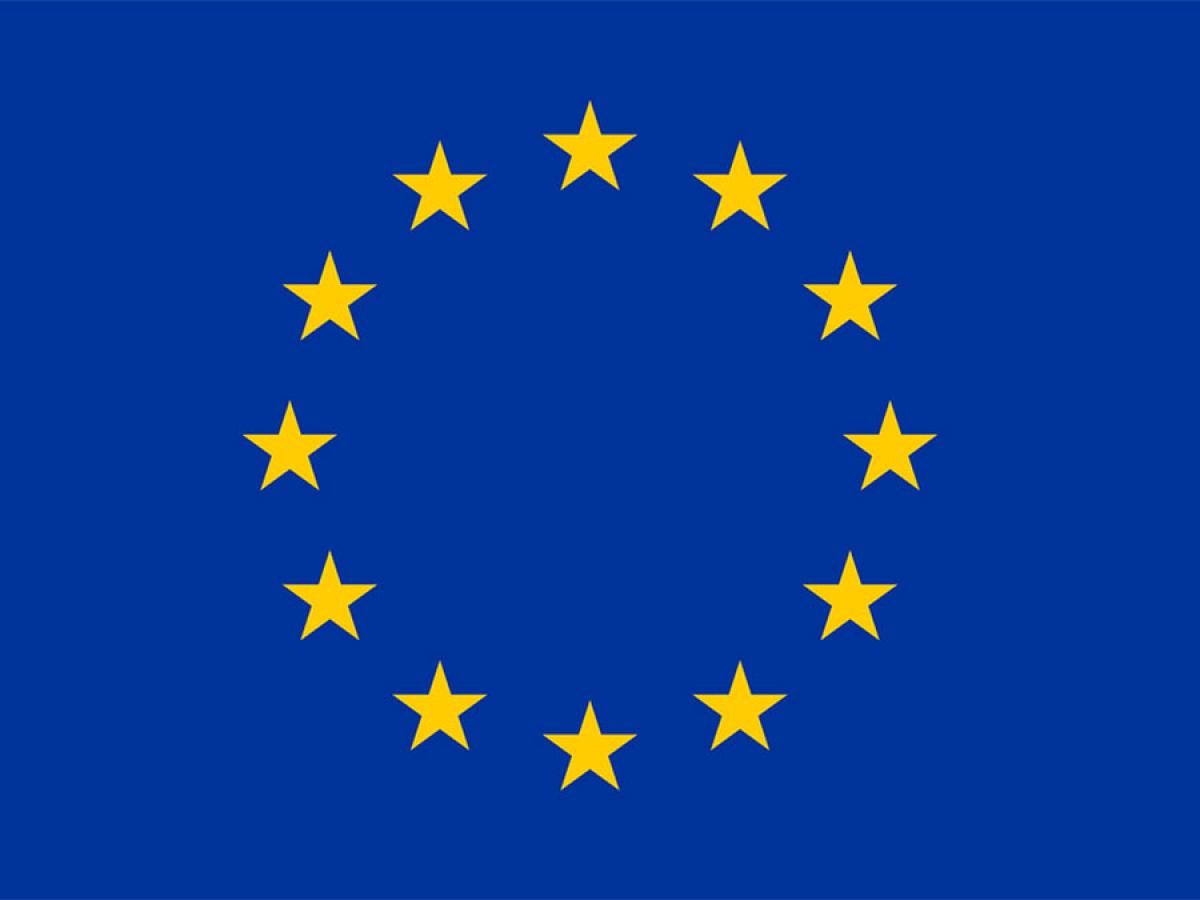Mapping networks of export credit for fossil and clean energy infrastructure

In the global energy sector, Official Export Credit Agencies (ECAs) play a crucial role by investing tens of billions of dollars annually in fossil fuel financing. These agencies have the potential to significantly accelerate the global energy transition by derisking large infrastructure projects and contributing to climate financing targets.
Our latest working paper presents the first network analysis of ECA financing in the Asia-Pacific, unveiling distinct patterns in fossil fuel and clean energy investments. The findings reveal that fossil fuel lending is highly integrated, involving both rich and poor nations without reflecting dominant geopolitical divisions. In contrast, the clean energy network is fragmented, with a noticeable "China vs. the rest" dynamic and limited ECA financing for clean energy in developing countries.
To amplify ECAs' contributions to climate goals, the study recommends several policy actions: ending fossil fuel-related financing, reducing domestic content requirements for clean energy projects, expanding domestic lending and equity financing for renewable energy, and enhancing ECAs' roles through blended finance frameworks.
With the International Energy Agency estimating that annual energy investment must rise to nearly USD 5 trillion by 2030 to achieve net zero emissions by 2050, the strategic involvement of ECAs is more critical than ever.
Authors:
Dr. Maxfield Peterson is a Research Fellow in the School of Regulation and Global Governance at the Australian National University, specializing in the political economy of energy finance.
Dr. Nicholas Frank is a Laureate Research Fellow in the School of Regulation and Global Governance at the Australian National University, specializing in the political economy of economic governance.
Views and opinions expressed are however those of the author(s) only and do not necessarily reflect those of the European Union or the European Education and Culture Executive Agency (EACEA). Neither the European Union nor EACEA can be held responsible for them.

Funded by the European Union
This work is licensed under Commons Attribution-NonCommercial-NoDerivatives 4.0 International License.
IIT is a global leader in researching, analysing and commenting on International Trade.
Stay informed about our up-and-coming seminars, events, publications, awards, new projects and collaborations, and other exciting news.
